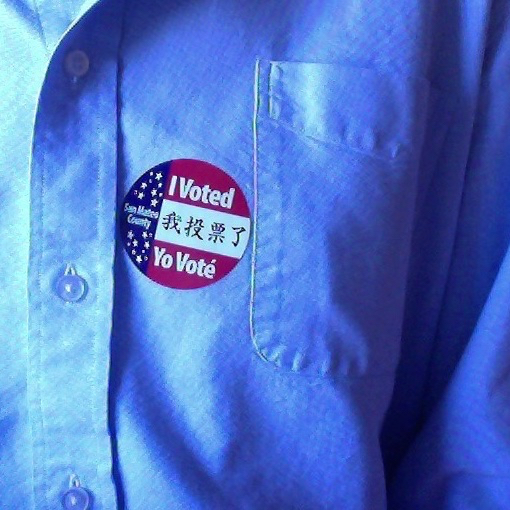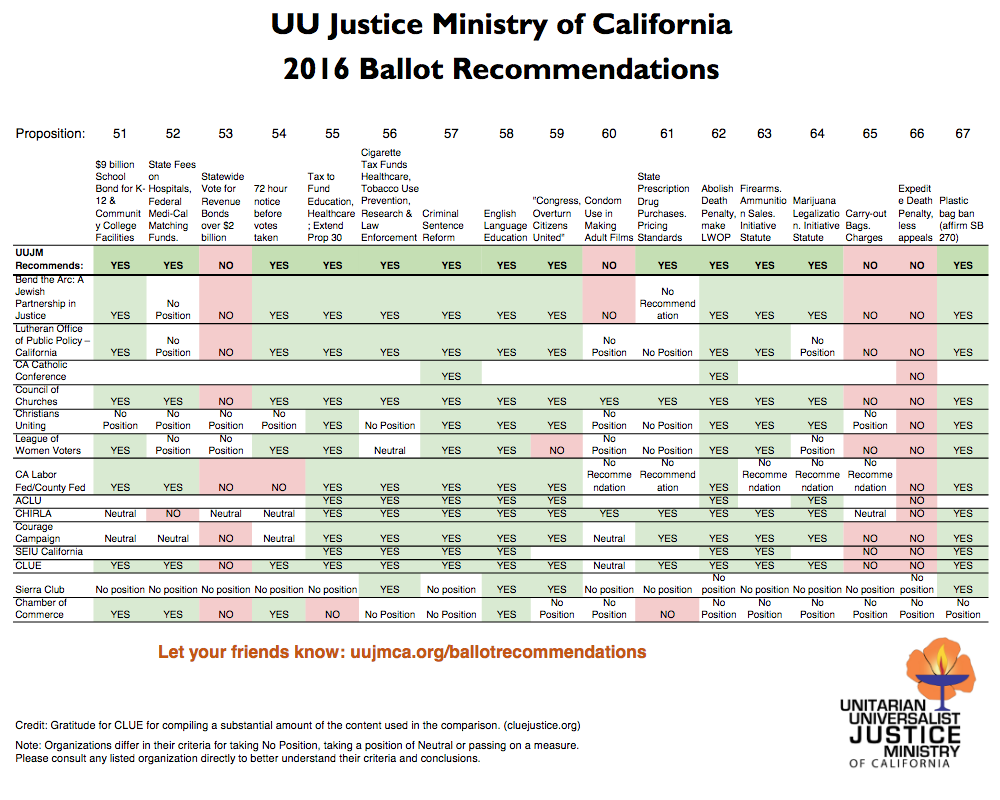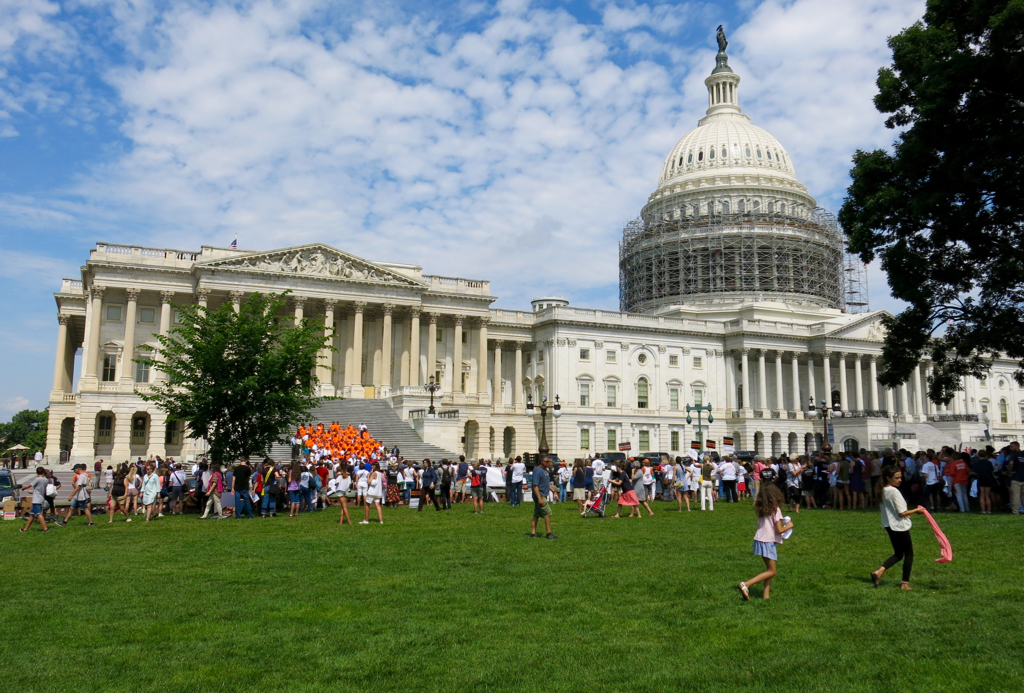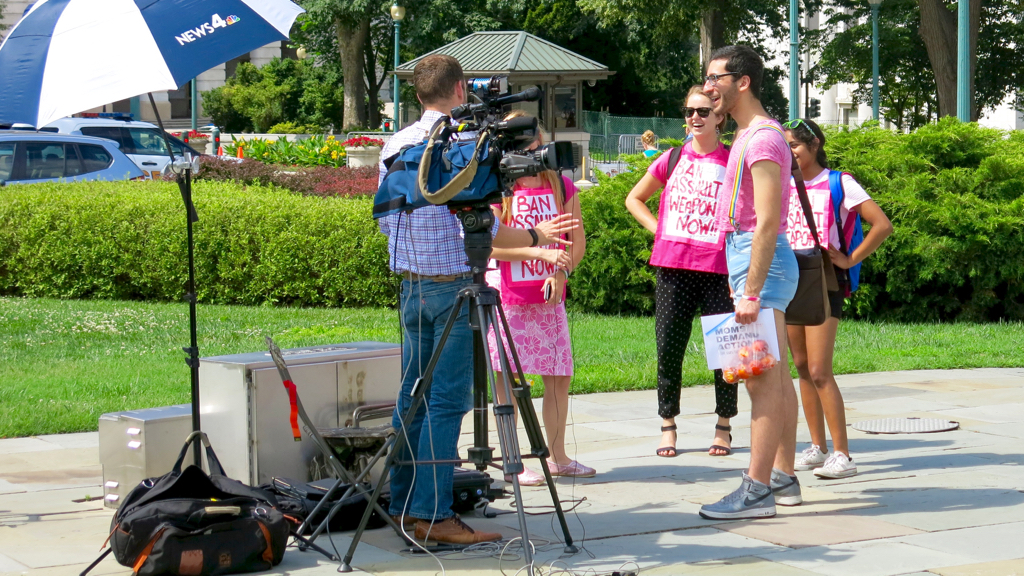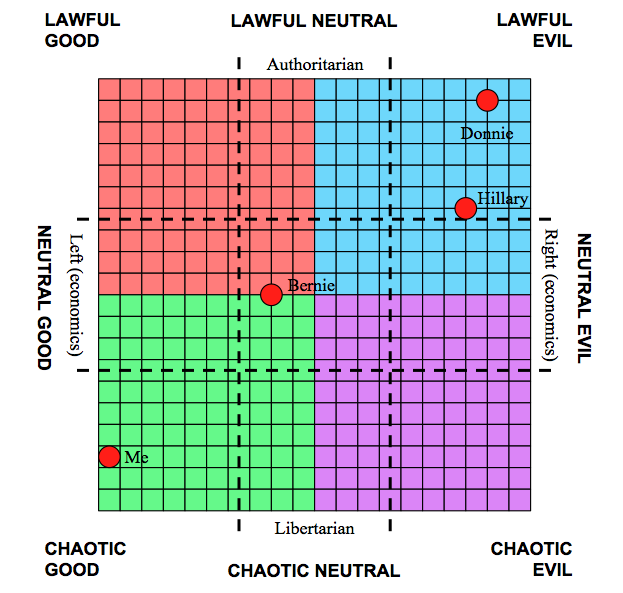Speaking as a religious leftist, here’s a brief word to my liberal friends about the rule of law.
We just had an emotionally and politically divisive election. Yet the rule of law has held out: we will all quibble about the details, but while the election may not have lived up to many people’s ideals for a fair election, for the most part the election was fair. And then I think back to Massachusetts politics, where for many years the president of the state senate had close ties to organized crime, and where politics was very dirty and very personal (see: Dick Lehr and Gerard O’Neill, Black Mass: Whitey Bulger, The FBI, and a Devil’s Deal, New York: Public Affiars, 2000) — and Rhode Island politics, where it was rumored that half the state legislature had Mob ties, and where the governor was convicted of blatantly illegal activities. By those standards, the recent presidential election looked like a Sunday school outing.
Actually, having supervised some pretty unpleasant Sunday school outings, maybe I should change that analogy.
Bad analogy aside, the point is that for the most part the existing laws and court opinions held sway. You may have preferred it if there were different laws on the books, and different court opinions (I certainly would prefer that), but for the most part, the rule of law has held.
So this is not an apocalyptic scenario. Carol and I read to each other at night, and right now we’re reading “A War in 1935” by Evelyn Waugh, from When the Going Was Good (Penguin Books, 1946/1976), in which he describes the Italian invasion of what was then Abyssinia; that situation represented a breakdown of the rule of law, and was mildly apocalyptic. I’m also reading (on my own), the Letters of Pliny the Younger, in which he describes some of the truly horrible events during the reign of the emperor Domitian, a reign during which people could be put to death on mere suspicion of an unpleasant thought about the emperor. And then, look at the coverage from Syria: that really is an apocalyptic scenario, in which the rule of law has completely broken down.
I don’t like the results of the recent presidential election, but at this point I prefer it over the 1972 presidential election, when, under the direct leadership of Richard Nixon, the rule of law did break down. Or consider the Teapot Dome scandal during Warren Harding’s presidential administration. Or Franklin Roosevelt’s attempt to pack the Supreme Court in order to get the rulings he preferred. Or, for that matter, the breakdown of the rule of law detailed by Michelle Alexander in The New Jim Crow.
So far, the rule of law is holding out pretty well. I would prefer that some of the current laws on the books were different, but in my case that mostly means that I need to get off my ass and stop working too many hours at my job and do my duty as a citizen of a democracy and get involved in elections and legislation. Nor do I have any illusions that the rule of law can be taken for granted; this again means, in my case, that I need to get off my ass and do my duty as a citizen of a democracy by attending city and county meetings, getting involved in voluntary organizations that amplify my solo voice (this, by the way, includes involvement in a local UU congregation).
If I don’t like the results of an election, then I need to stop spending time in the echo chamber of social media, stop anesthetizing myself by watching too many Youtube videos, and actually go out and do something.
That’s my two cent’s worth. Your mileage may vary.

